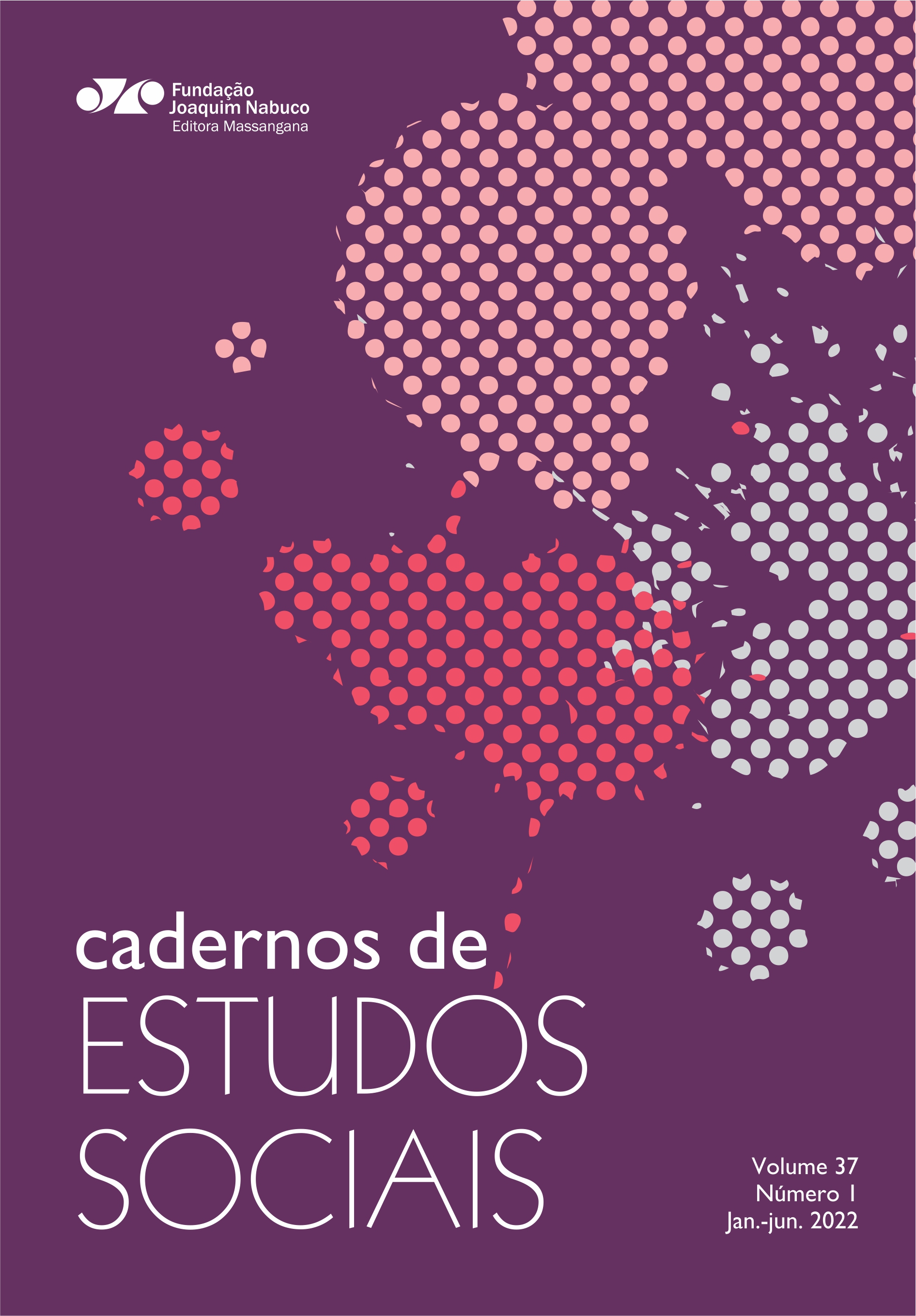PROCESOS DE PARTO DURANTE LA PANDEMIA DEL COVID-19
UN ANÁLISIS FENOMENOLÓGICO DE LAS EXPERIENCIAS DE MUJERES ATENDIDAS EN MANAUS-AM
DOI:
https://doi.org/10.33148/CESv37n1(2022)2102Resumen
Este estudio tuvo como objetivo comprender la atención del parto durante la pandemia de Covid-19, a partir de la experiencia de las mujeres. Se trata de una investigación cualitativa, descriptiva con enfoque fenomenológico. La muestra fue definida por saturación y consistió en nueve mujeres que experimentaron el control prenatal, el trabajo de parto y el parto durante la pandemia de Covid-19 en Manaus-AM, entre marzo y diciembre de 2021. La recolección de datos ocurrió en el período de marzo a diciembre de 2021. Noviembre 2021 a febrero de 2022, a través de una entrevista guiada por un guión semiestructurado, cuyo enfoque estuvo dirigido a la atención obstétrica recibida durante la pandemia del Covid-19. Los datos fueron analizados utilizando el método fenomenológico de Giorgi. Como resultado, se encontraron tres unidades de significado: 1) Emoción básica - miedo; 2) Dificultades declaradas y no declaradas - falta de orientación y comunicación; 3) Evaluación de la atención obstétrica en la maternidad - buena receptividad del equipo de salud. Las conclusiones indican un déficit de comunicación entre profesional y parturienta, con falta de información sobre la atención obstétrica durante la pandemia, en consonancia con la falta de lineamientos para la prevención de la violencia obstétrica. Los resultados de la encuesta ayudan a comprender los problemas enfrentados en la atención obstétrica brasileña durante la pandemia de Covid-19.
PALABRAS CLAVE: Humanización de la atención; covid-19; violencia obstétrica; atención integral de salud.
Descargas
Descargas
Publicado
Cómo citar
Número
Sección
Licencia
Derechos de autor 2023 Autor, concedendo à revista o direito de primeira publicação

Esta obra está bajo una licencia internacional Creative Commons Atribución 4.0.
Autores que publicam nesta revista concordam com os seguintes termos:
- Autores mantém e retém os direitos autorais. Os mesmos concedem à revista o direito de primeira publicação, com o trabalho simultaneamente licenciado sob a Licença Creative Commons Attribution que permite o compartilhamento do trabalho com reconhecimento da autoria e publicação inicial nesta revista.
- Autores têm autorização para assumir contratos adicionais separadamente, para distribuição não-exclusiva da versão do trabalho publicada nesta revista (ex.: publicar em repositório institucional ou como capítulo de livro), com reconhecimento de autoria e publicação inicial nesta revista.


